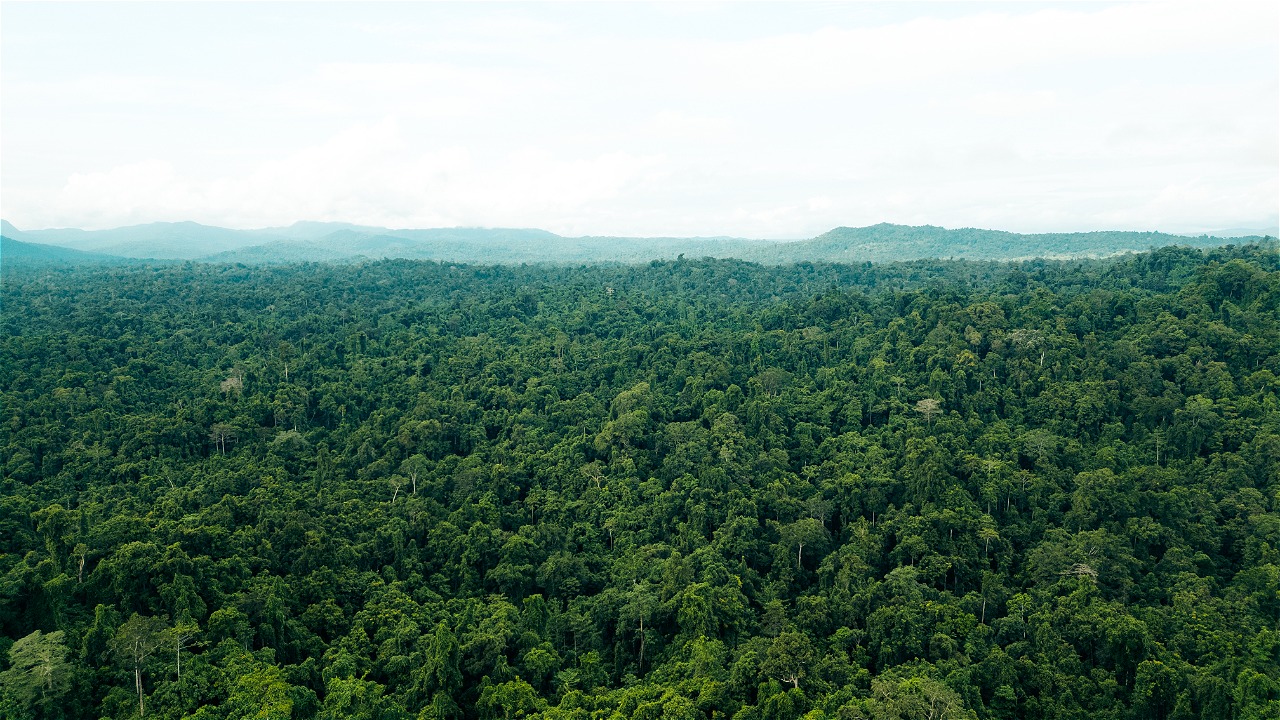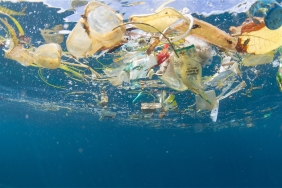OBSERVING THE ENVIRONMENT WITH BUMI PANDA
By: Dina M (Earth Panda Volunteer) and Natalia T. Agnika
One way to make children more sensitive and concerned about the environment is to invite them to observe the environmental conditions around them directly. That is what the Bumi Panda WWF-Indonesia team did to around 120 students of SDP Sabang Bandung, Bandung Wetan, Bandung City, West Java last Tuesday (13/01).
Sani Firmansyah, staff from Bumi Panda started the activity by sharing information about WWF-Indonesia. Not only talking about conservation, Sani also explained about environmentally friendly lifestyles that can be done by students in their school environment. The easiest way shared by the Bumi Panda team is to save the use of paper, use electricity wisely by turning off lights that are not used in the room/classroom, dispose of waste according to its type, namely organic and inorganic, and reduce the use of plastic bags.
The students were also invited to watch the movie "Banyu's Adventure in the Land of Trash". The movie tells the story of the journey of garbage, from the time it is thrown away to the final disposal site (TPA). They listened carefully to the impact of littering on the environment. The movie also shows how to process waste. Organic waste is turned into fertilizer and inorganic waste is turned into reusable items through the recycling process. In addition to the movie about waste, the movie "We Are Connected" was also screened, which illustrates that the place where humans live in schools/neighborhoods is the same as where animals live in forests and seas.
To make the students more familiar with the surrounding environment, the team from Bumi Panda invited them to make observations. They were invited to walk around the school to see the waste generation in the school and record some findings. From the observation and discussion, the most common waste is from food packaging, namely plastic and styrofoam. Meanwhile, there were only a few findings of organic waste. From this observation, the children were encouraged to use their own food containers when buying food. The invitation aims to reduce waste generation, especially non-biodegradable styrofoam. They immediately agreed after seeing the environment around them for themselves.





